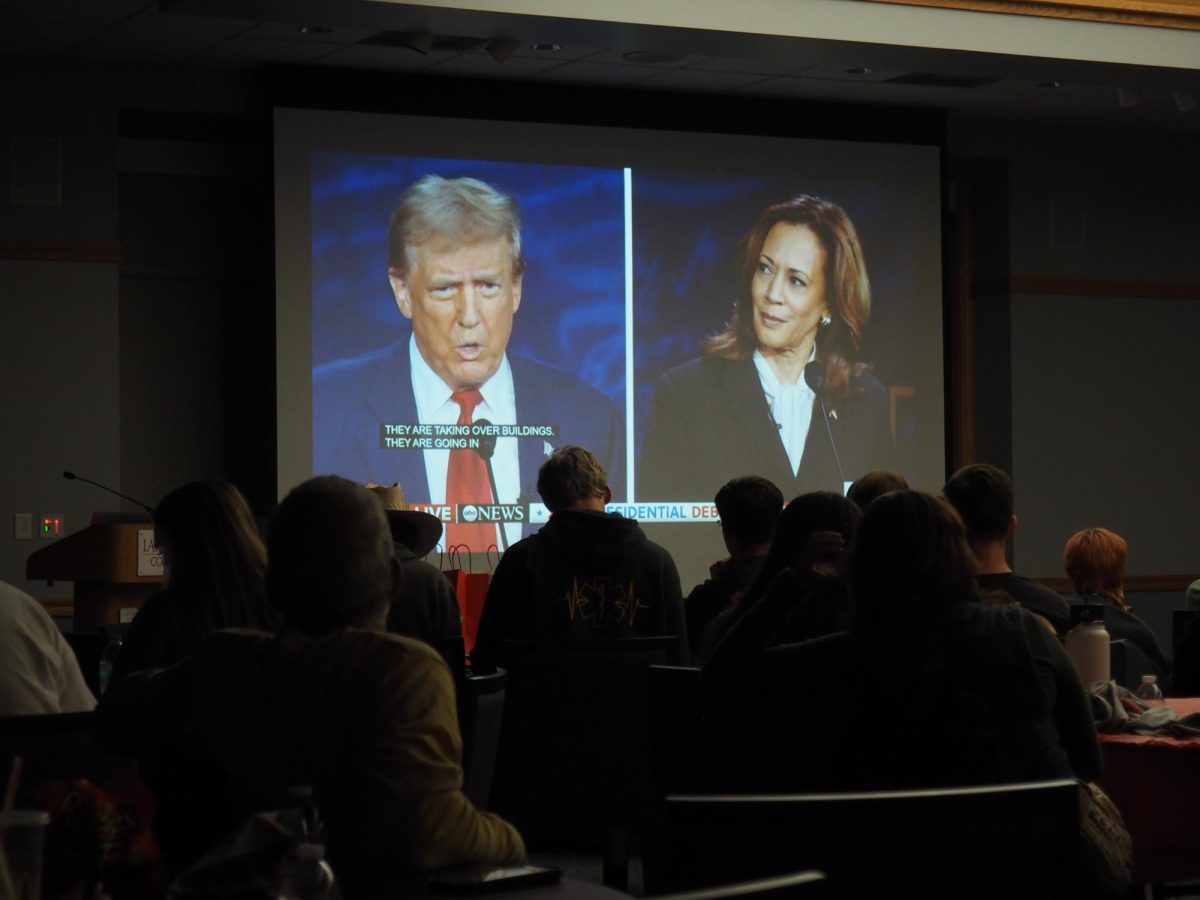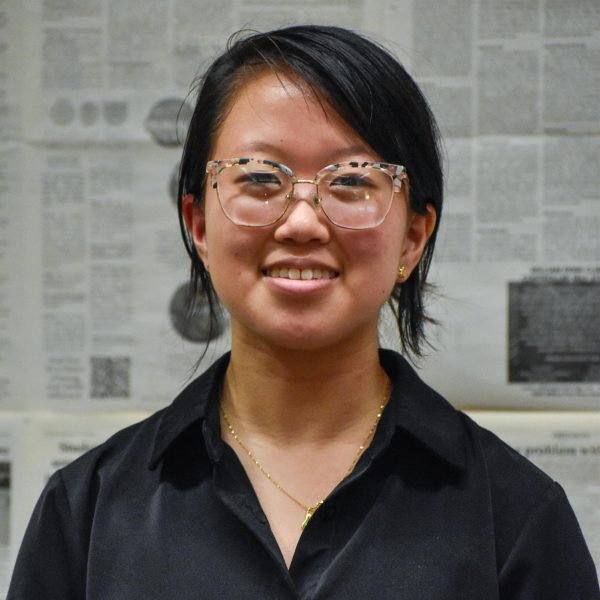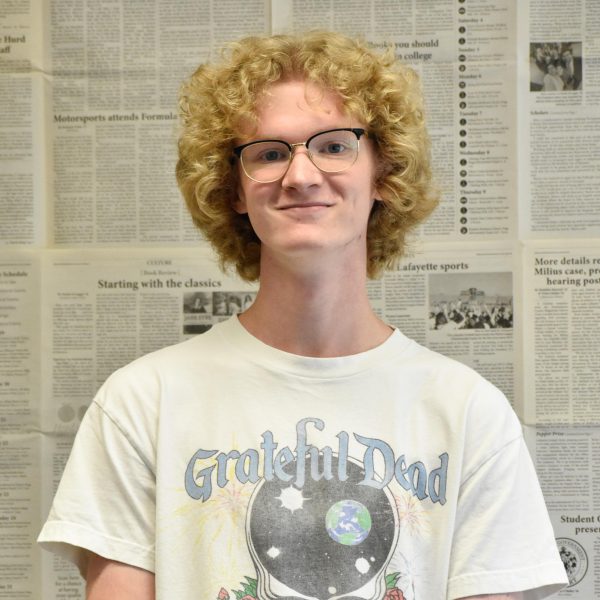“For every one conservative student, there are roughly five liberal students,” read a statement describing Lafayette College by the Foundation for Individual Rights and Expression, which ranked the college as one of the worst for conservatives in America.
A campus discussion thread from 10 years ago discussed Lafayette College as being a “very accepting environment,” with a student having “friends who are all over the map in terms of politics.”
Meanwhile, seven years ago, an op-ed published in The Lafayette said “conservative views never get to see the light of the day.”
But now, what is the current student perception of political views represented at Lafayette?
Observations after over a dozen interviews by The Lafayette found that the campus has mixed views on the range of campus political views. Throughout their classes, club activities and conversations with friends, students generally argued that social issues are often more important than political affiliation at the college.
President of College Democrats Jack Maloney ‘25 sees Lafayette College as “about as balanced as any college campus’s political perspectives would be,” though he did acknowledge the campus leans left.
“I don’t think there’s anybody who would contest that we lean left as a campus, but I think there’s adequate representation of Republican voices,” he said.
An election survey by The Lafayette found that 60.5% of 124 respondents “aligned with” the Democratic Party.
Erika Nimbley ’25, the director of media for Lafayette Votes, echoed Maloney’s statement.
“I think they’re pretty balanced,” she said, though she acknowledged “one side tends to be a little quieter than the others.”
“I think the student population is definitely liberal-leaning, but more kind of centrist,” Arthur Shirk ‘25 said.
Dimitri Chernozhukov ‘25, the president of the College Republicans, said “for every two Democrats, you can find someone who’s a conservative leading student.”
On the other hand, Jaden Wurm ’26 argued that the campus opinions are more skewed.
“Although there is a new Pro-life club on campus, the amount of people who openly denounce the club and what it stands for, and outwardly hate it just for having the position it does, is disproportionate to any other group/club/affiliation on campus,” Wurm wrote in an email.
Parth Mahajan ’27 agreed.
“Due to this kind of environment that is surrounded with more vocal liberals, conservatives are not as inclined to speak out for fear of being associated with the kinds of stigmas that are generally associated with the Republican Party’s worst names,” Mahajan said. “One could be a fiscal conservative, but a social liberal, but still, you’ve got that black mark on your record, or social record.”
On the other hand, Nimbley believed that centrist voters often face complications of having to pick a political side.
“People that lean both ways can be silenced, like independents,” Nimbley said. “They have different opinions in both areas of people right now because the parties are so divided.”
Some students choose to dedicate their time to issue-specific organizations — like Lafayette Votes, Students for Life and Lafayette for Reproductive Autonomy, Justice, and Empowerment — rather than focusing on supporting a political candidate.
“There’s a lot more passion behind that among students,” Chernozhukov said of specific political issues.
The topics regarding political voices often extend to the classroom.
In humanities classes, some students report single-perspective narratives, while others learn about multiple sides in curriculums. For others, class discussions are more neutral.
“You can kind of see the underlying political philosophy that might be shaping what they’re saying, but it never devolves into real anger in the arguments,” Chris Allen ’26 said.
Shirk echoed Allen’s statement.
“I think professors that I’ve seen have been really good at facilitating discussion and leaving it open for trying not to inject bias,” Shirk said.
Meanwhile, Chris Byrnes ’26, the president of Lafayette Votes, sees room for improvement.
“I would say we could do a better job of making sure people feel comfortable, regardless of just background in general, and also their political affiliation and political values and ideas and whatever issues they support or disagree with,” Byrnes said.
Some students have found a balance with different opinions.
“I will openly say I’m a Republican, but I’m not going to go talk about abortion with the majority of people on campus,” Chernozhukov said. “I think just socially, oftentimes it’s smoother to not speak out, and then, you do have friends who do agree with you, or slightly not agree with you, or are fans of talking politics like that.”
“My close friend Jack, he’s the President of College Dems, and, well, we constantly talk about politics and whatnot,” he continued. “And, you know, it’s a great time, just because we’re both so interested in it.”
Claire Coker ’27 contributed reporting.




























































































































